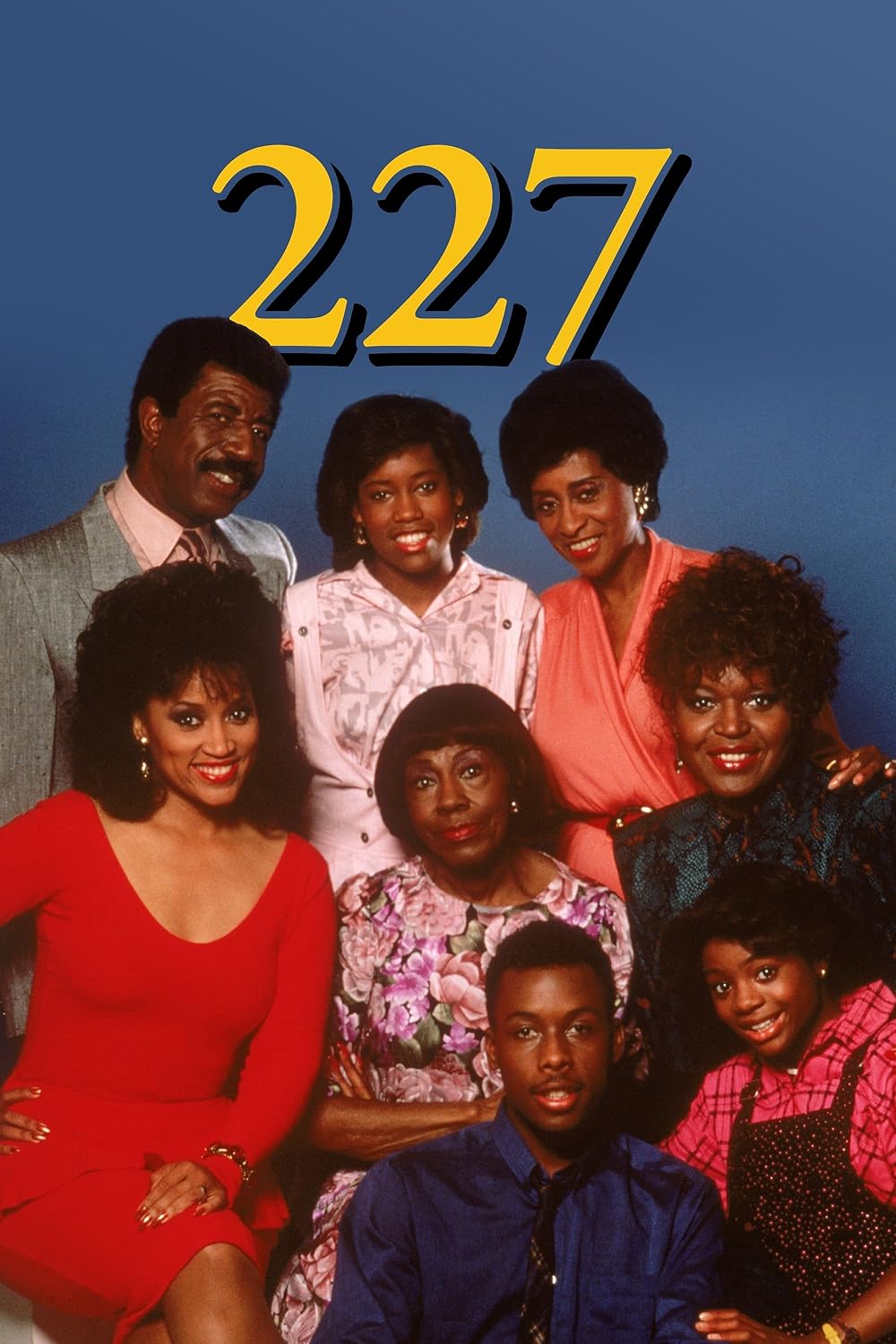
Introduction
Robin Williams, who passed away in 2014, remains one of the most beloved comedic and dramatic actors in cinematic history. Known for his extraordinary talent, he left an indelible mark on both film and television, as well as a significant cultural impact on society regarding mental health awareness. His story continues to inspire discussions about the importance of addressing mental wellness and the complexities of fame.
Career Highlights
Williams shot to fame with his role as the alien Mork in the hit series “Mork & Mindy” in the late 1970s. His unique improvisational style and ability to blend humor with poignant dramatic moments made him a standout performer. Williams received critical acclaim for his performances in films such as “Good Will Hunting,” for which he won an Academy Award for Best Supporting Actor, as well as “Dead Poets Society,” “Mrs. Doubtfire,” and “Jumanji.”
Throughout his career, Williams was known for his generous spirit, often using his fame to give back to communities in need. He participated in various charitable efforts, including USO tours for military personnel and supporting mental health organizations.
Mental Health Advocacy
The tragic circumstances surrounding his death highlighted the struggles he faced with depression and anxiety, bringing to the forefront the critical need for mental health advocacy. Following Williams’ passing, many fans and fellow actors spoke out about their own experiences with mental health, emphasizing the need for open discussions and reducing stigma in society. The Robin Williams Foundation was established posthumously to honor his legacy by focusing on mental health issues and supporting those in need.
Continued Influence
Robin Williams’ influence can still be felt today, as his performances continue to resonate with new audiences. Streaming platforms allow younger generations to discover his films and appreciate the significant roles he played. In addition, his story serves as a poignant reminder of the importance of seeking help and fostering supportive communities for individuals experiencing mental health challenges.
Conclusion
As we reflect on Robin Williams’ legacy, it’s clear that he was more than just a talented actor; he was a beacon of hope for those fighting their own battles. His contributions to comedy and drama will always be remembered, but perhaps more importantly, his struggle has sparked ongoing conversations about mental health, reminding us all of the strength it takes to share our vulnerabilities. By continuing to embrace his legacy, we help keep the conversation alive and work toward a more understanding and supportive society.






